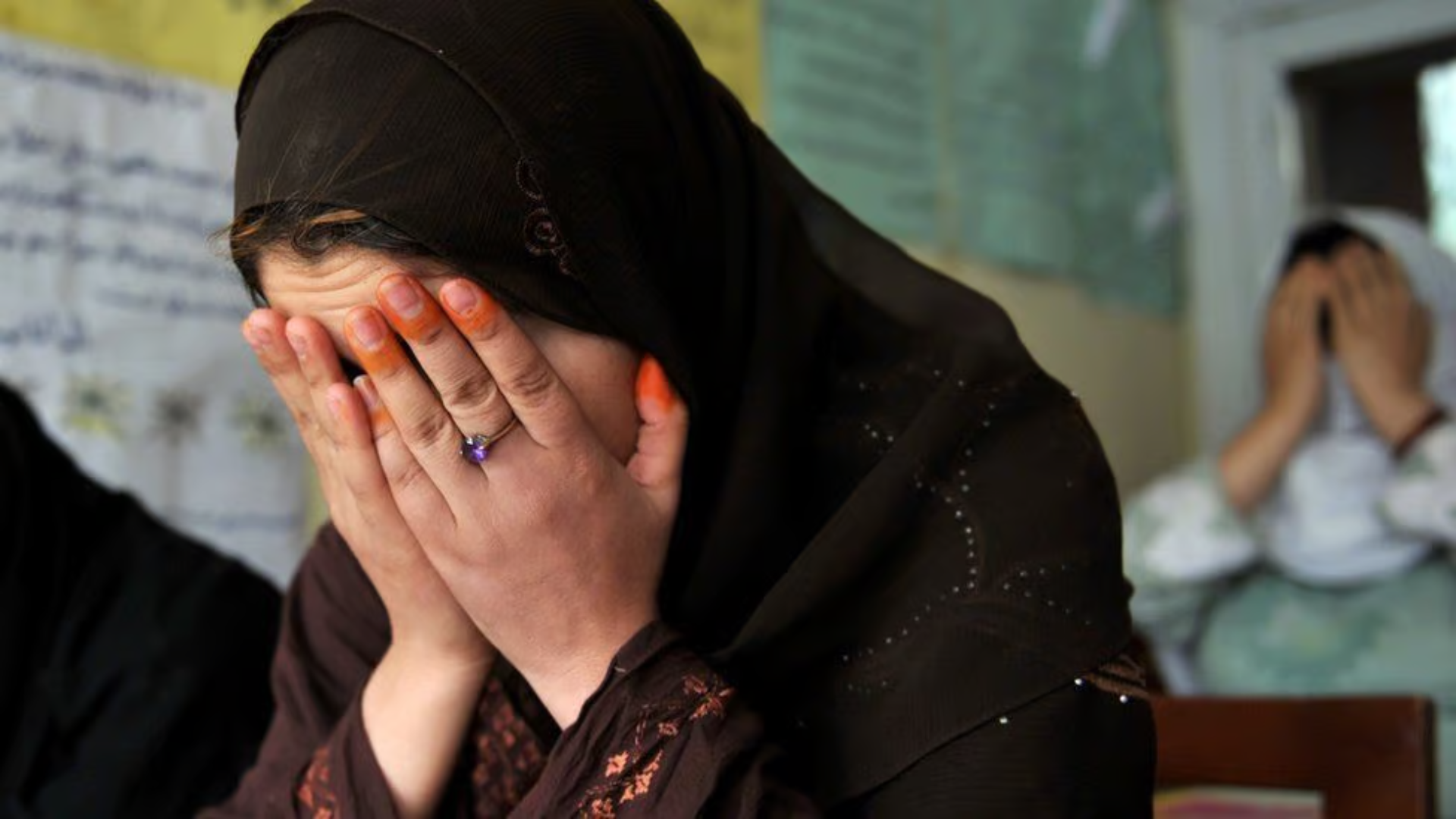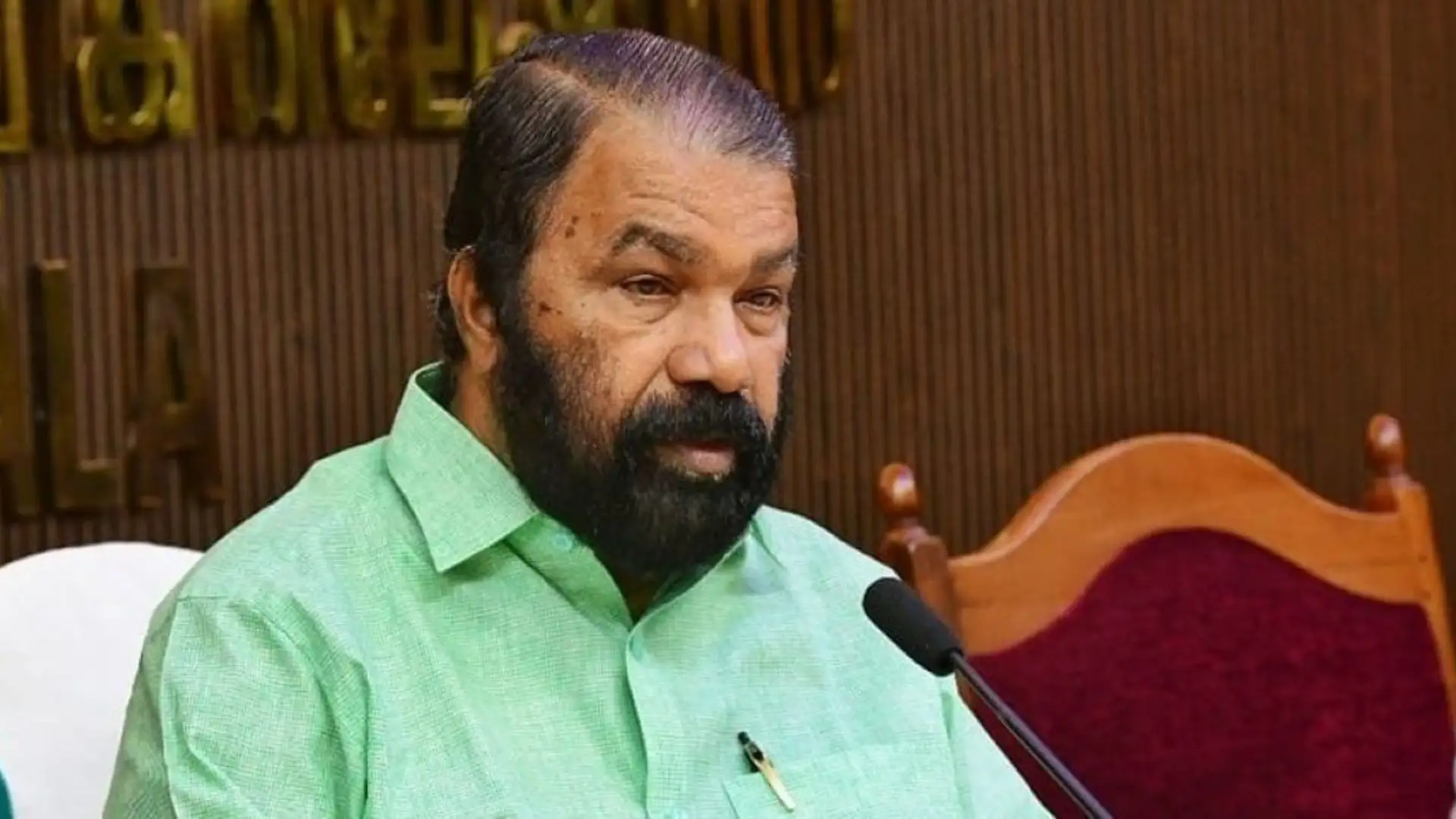In a chilling declaration, Mullah Hibatullah Akhundzada, the Taliban’s supreme leader, has issued a stark warning to women in Afghanistan, heralding a return to the oppressive regime’s draconian rule. Akhundzada’s pronouncement, broadcasted via state television, outlined a grim future for women, with public floggings and stonings as penalties for adultery.
The Taliban leader’s audacious statement also reaffirmed the group’s staunch opposition to Western democracy, vowing to persist in their fight against it, as reported by The Telegraph. Akhundzada vehemently asserted that women’s rights advocated by the West clashed irreconcilably with the Taliban’s rigid interpretation of Islamic Sharia law.
“Do women want the rights that Westerners are talking about? They are against Sharia and clerics’ opinions, the clerics who toppled Western democracy,” Akhundzada declared.
The resurgence of Taliban control has plunged Afghan women into a state of terror and despair, reminiscent of the dark ages. Their hopes for a brighter future have been brutally dashed by Akhundzada’s uncompromising stance, emphasizing the imposition of Sharia law as non-negotiable.
“You say it’s a violation of women’s rights when we stone them to death. But we will soon implement the punishment for adultery. We will flog women in public. We will stone them to death in public,” Akhundzada defiantly proclaimed, dismissing Western objections as inconsequential.
The US-led intervention in 2001 initially ousted the Taliban regime, yet their influence endured, culminating in the collapse of the Western-backed government in 2021. The Taliban swiftly reclaimed power, instigating reprisal attacks against collaborators and reinstating their oppressive interpretation of Islamic law.
Under Taliban rule from 1996 to 2001, Afghan women endured systemic oppression, deprived of education and basic freedoms. Mandates such as the compulsory burqa and male accompaniment outside the home underscored the regime’s relentless control. Public punishments, including amputations and stonings, instilled fear and subjugation.
The recent resurgence of Taliban brutality has ignited widespread condemnation, with Afghan women like Tala expressing profound fear and disillusionment. Describing life under Taliban rule as akin to living in a suffocating prison, Tala laments the daily erosion of women’s rights and freedoms.
“We, the women, are living in prison, and the Taliban are making it smaller for us every passing day,” Tala mournfully articulated.
Despite initial assurances of moderation, the Taliban’s return to power has heralded a regression to the oppressive tactics of the past. Harsh public punishments, reminiscent of the 1990s, have become commonplace, prompting vehement denunciations from the international community.
The United Nations, in particular, has vehemently condemned the Taliban’s egregious actions, urging Akhundzada to halt the brutal onslaught against women’s rights.
As Afghanistan teeters on the brink of regression, the world watches with a mixture of horror and indignation, grappling with the grim reality of women’s rights being systematically eroded under Taliban rule. The struggle for gender equality in Afghanistan persists, as the international community rallies in solidarity with Afghan women in their fight for freedom and dignity.






















